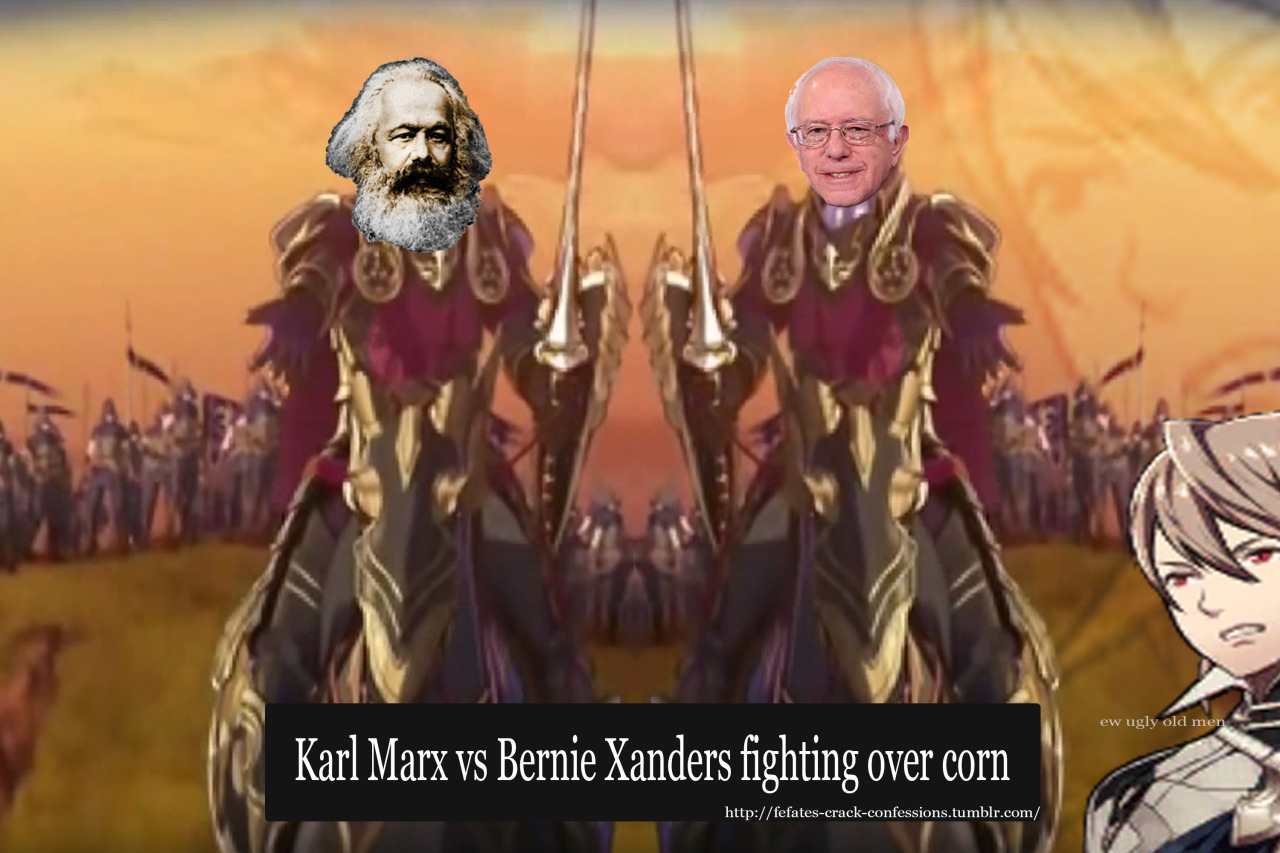The subtitle of your book – 'Les deux révolutions du XXe siècle' – suggests that there were only these two revolutions. Why not bring in the German revolution of 1918, for example, or the Spanish revolution of 1936?
AB: As Lenin said, the twentieth century would be the century of victorious revolutions. This statement should be understood as meaning that 'interesting' revolutions, ones that we can learn from, could no longer be, after 1917, ones that collapsed. The Leninist criterion here is clearly the question of taking power. After 1917, we were no longer in a situation like that of the young Lenin, reflecting on the lessons of the Paris Commune, perhaps the main revolution of the nineteenth century, even though one in the modality of bloody failure. What we must reflect on now is a success of communist thought in terms of taking power.
For, however moving and, in some respects, admirable were the actions of the Spartakists in Germany in 1918 or the anarchists in Catalonia in the late 1930s, they were still, in terms of their rapid and catastrophic end, a kind of echo of the nineteenth century in the twentieth. Which is why we can say that what has educational value in the twentieth century, when the criterion is taking power, is essentially the Chinese experience, and secondarily that of North Korea, Cuba, Vietnam… It is striking, moreover, that none of these cases was one of urban working-class insurrection in the classical sense, such as dominated the nineteenth century, including the Paris Commune, and finally October 1917. It was rather the process of war – 'revolutionary war' – in a peasant milieu. The newness thus already shifts to questions around taking power.
But, with the degeneration of the socialist states throughout the world in the late twentieth century, the newness shifted again: what we have to reflect on, above all, are the reasons for this degeneration, and how to relaunch the communist movement beyond the strict and necessary question of taking power. The question becomes: what to do so that the communist movement continues and imposes its law even on the new state established by the protagonists of that movement? And here, the major reference is indeed the Cultural Revolution, including its failure. Exactly as that of the Paris Commune, including its failure, was for Lenin. The Cultural Revolution was the Paris Commune of the era of the socialist states and their disappearance.
Revolutionary militants throughout the world have been enduringly affected by the experience of 'really existing socialism', such as that of Maoist China. Do recent experiences make you optimistic as to the permanence of a global current of communist thought?
AB: Precisely because the question of communist politics is no longer reducible to the question of the revolutionary taking of state power, however necessary this may be, we are at a new beginning, a new accentuation of the fundamental points of Marxist thought. In particular, questions of the egalitarian transformation of the organization of work, the industrialization of the countryside, the advent of the polymorphous worker beyond the division between manual and intellectual work, questions of real internationalism, the permanent existence of popular assemblies at all levels, exercising supervision over the state: all this – which in Marx and Lenin was at a theoretical level, but which was experimented and tested in Mao's China – must govern the reconstitution of a global communist current. This will happen, in the conditions of a new beginning that are always severe.
One of the lessons you draw from the failure of the Cultural Revolution is that 'any politics of emancipation must finish with the party model, or the model of parties, must assert itself as a "non-party" politics, though without falling into the anarchist pattern, which has never been anything but vain criticism, or a double, or a shadow, of the communist parties.' What do you see as the right balance? What forms of organization do you have in mind?
AB: This is a fundamental question, but it will have to give rise to real experiments. The whole point is that we have to escape from the simple opposition between party-state on the one hand and popular masses on the other. The political dialectic must involve three terms, as we see already in Mao's text from the 1920s, 'How Can Red Political Power Exist in China?' There must be popular organizations, with their assemblies, their meetings, able to inspire independent mass movements at every level; there must be a political organization that is present everywhere, explicitly bearing the communist project, not as a description or dogma, but as a system of appropriate slogans and a vision of the future. And there must be a state, at least for a long period.
The most complex point is the following, how to make sure that the dialectic of popular movements and assemblies on the one hand, and the political organization on the other, operates vis-à-vis the state not to obey it, but in a sense to force it to encourage everything that leads in the direction of a communist society? This is clearly impossible if the political organization fuses together with the state, as was the case with communist parties in power. How to maintain the threefold character of instances of collective decision? That is our problem after the Cultural Revolution, just as, after the Paris Commune, Lenin's problem was how to build a communist organization capable not only of taking power but of keeping it.
That is why we are now in what my friend Emmanuel Terray has called the 'third day' of communism. With Marx, we had the first day: formulation of principles in a context of repeated failure of workers' insurrections. With Lenin, the second day: victory is possible, but the genuinely communist character of this victory is precarious. Today, after Mao, the third day: to invent the communist organization of the era of failure of socialist states.





